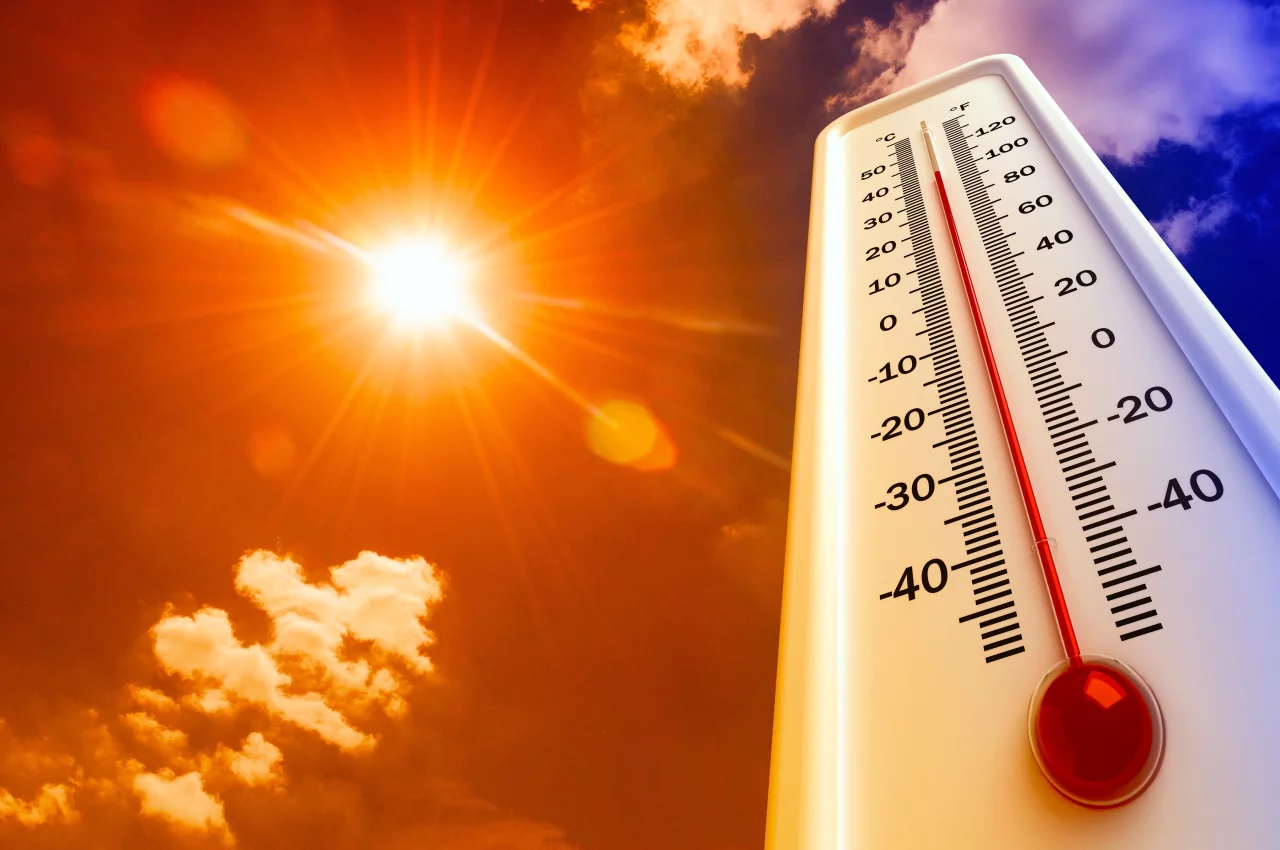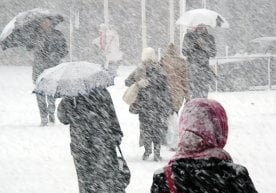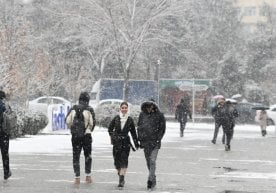What to do during heatwaves? Recommendations from the Ministry of Health

According to “Uzgidromet”, from July 17–19 this year, very hot air masses from the south are expected to enter the territory of Uzbekistan.
In particular, on July 17 in the north, south and desert areas of the country, and from July 18 to 20 in most parts of the territory, the air temperature will rise to 40–43 degrees, and in some areas in the south and desert regions, up to 44–45 degrees.
So, what recommendations should be followed in such weather conditions?
“During heat, first of all, children, the elderly, pregnant women, and patients suffering from chronic diseases must be extra careful about their health,” said Abduqayum Tokhtakulov, Head of the Department of Environmental Diplomacy of the Ministry of Health. “Because such hot weather places a load on the body's thermoregulation system.”
This may lead to an exacerbation of existing chronic diseases or heat-related illnesses, in particular, general exhaustion and potentially life-threatening heatstroke.
Heat especially negatively affects the cardiovascular system. During such times, heart rate increases and blood pressure rises. The body uses more energy to maintain normal temperature, which causes heavy sweating. This increases the risk of dehydration. Therefore, it is advised to take several precautionary measures during hot weather.
First of all, from 12:00 to 16:00 – the hottest part of the day – it's advisable to stay indoors or in cool places. At this time, the sun's rays are at their strongest, and the risk of overheating and sunstroke is high. If going outside is necessary, it’s better to walk in shaded areas, use an umbrella, and plan activity during cooler times like morning or evening.
It is also important to ensure coolness at home. For example, keep windows on sun-facing sides closed during the day, open them at night when the air is cooler, and avoid using heat-generating appliances like stoves, washing machines, or dryers during peak heat hours.
Wearing the right clothes in the heat is also important. It is advised to wear light, loose-fitting clothes made from breathable natural fabrics (cotton, silk). Avoid synthetic materials. Choose light-colored clothes as they reflect sunlight better.
When going outside, wear wide-brimmed hats and UV-protective sunglasses. It’s essential to protect your head from sunlight, as overheating the brain may lead to heatstroke.
Taking cool showers or baths throughout the day helps lower body temperature. However, avoid using cold water, as sharp temperature changes can stress the body and even lead to pneumonia. Water at room temperature or slightly cool is ideal.
Placing wet towels or cloths on the skin, especially on the head and neck, is also an effective way to cool the body.
Moreover, doing heavy physical work or sports in hot weather significantly increases the risks of dehydration, fatigue, and sunstroke. The cardiovascular system experiences greater stress, which may result in heart attacks or strokes in unprepared individuals.
If possible, exercise in air-conditioned facilities. During training, listen to your body, take regular breaks, and drink plenty of fluids. If you experience dizziness, nausea, or severe weakness, stop the activity immediately.
People with chronic diseases (hypertension, heart diseases, obesity) should consult a doctor before engaging in physical activity during hot weather. Read “Zamin” on Telegram!
Ctrl
Enter
Found a mistake?
Select the phrase and press Ctrl+Enter 





















